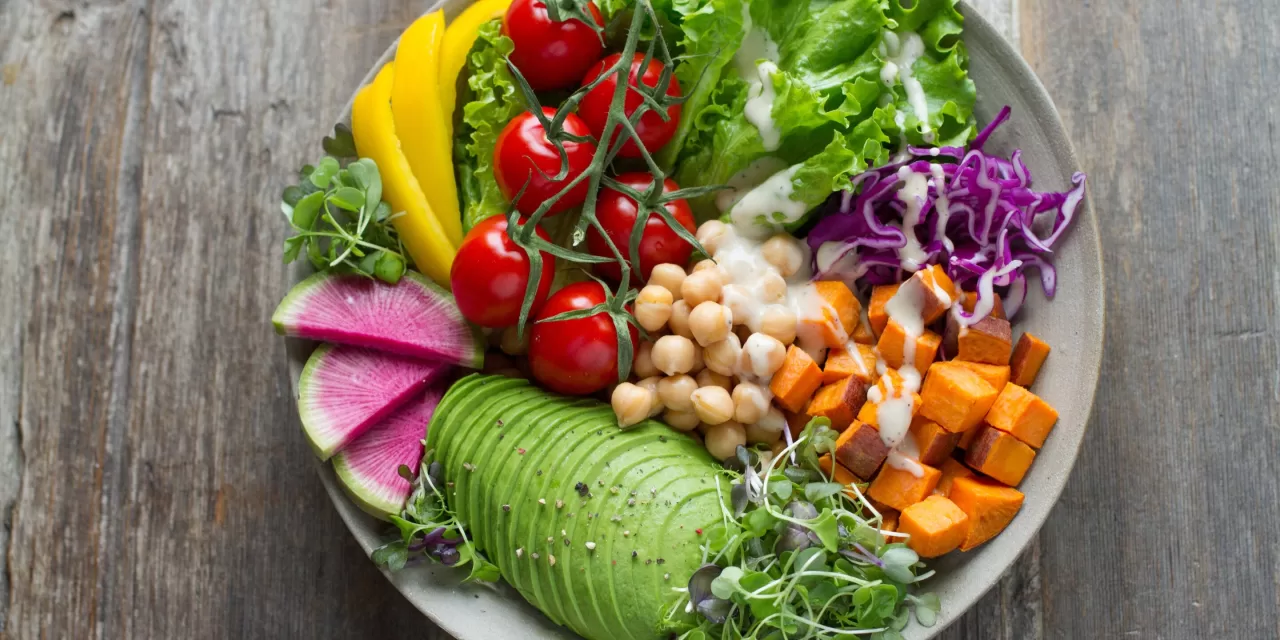November 22, 2024 – As interest in nutrition’s potential to slow or prevent neurodegeneration grows, researchers and clinicians are increasingly exploring diet as a key tool in managing Parkinson’s disease (PD). Dr. John Duda, the national director of the VA Parkinson’s Disease Research, Education, and Clinical Centers, highlights dietary strategies as part of a holistic approach to improving patient outcomes.
A Broader Wellness Strategy
For over 15 years, Dr. Duda has encouraged his patients to be patient with drug therapies. However, recognizing the limitations of current medications, he began integrating evidence-based nutritional interventions alongside stress management, social engagement, exercise, and adequate sleep to address both motor and nonmotor symptoms.
Compelling Evidence: Mediterranean and MIND Diets
Observational studies reveal significant associations between diet and PD outcomes. Diets like the Mediterranean diet (MeDi) and the MIND diet—fusing elements of MeDi and the DASH diet—correlate with delayed onset, reduced symptom severity, and lower mortality rates. For instance, a study found adherence to the MIND diet delayed PD onset by up to 17.4 years in women and the MeDi delayed onset by 8.4 years in men.
The Gut-Brain Connection
Emerging research suggests PD may originate in the gut, linked to microbiome dysbiosis and intestinal inflammation. PD patients often experience gastrointestinal symptoms years before motor issues arise. Strategies like fecal microbiota transplants and plant-based diets have shown promise in restoring a healthy gut microbiome, which may alleviate symptoms.
Addressing Key Symptoms with Nutrition
Dietary interventions target several debilitating symptoms of PD:
- Constipation: Affects up to 66% of patients and may improve with increased fiber, hydration, and exercise.
- Orthostatic Hypotension: Managed by smaller meals, higher salt intake, and reducing alcohol consumption.
- Weight Loss: Enhanced by nutrient-dense foods like nuts and seeds, while spices and herbs can compensate for diminished taste and smell.
Beneficial and Problematic Foods
Certain foods, including vegetables, berries, and teas, show protective effects against PD progression. Coffee, rich in caffeine, may improve motor and cognitive symptoms while reducing PD risk. Conversely, ultra-processed foods (UPFs) are linked to increased PD risk, reinforcing the need for whole-food diets.
Protein Timing and Supplements
Levodopa, a common PD medication, competes with dietary protein for absorption. Experts recommend timing protein intake to maximize medication efficacy. While individual supplements lack definitive evidence for preventing PD, diets rich in antioxidants, flavonoids, and certain fats show promise.
Practical Tips for Healthy Eating
Dr. Rebecca Gilbert of the American Parkinson Disease Association underscores the importance of achievable dietary changes. Simple swaps—like choosing vegetables over fries or oatmeal over bacon—can make healthy eating more manageable. Dr. Duda suggests involving loved ones in meal preparation to foster healthy habits and build social connections.
Looking Ahead
While the drug development pipeline for PD continues, the integration of dietary strategies provides a complementary path to improving quality of life. With ongoing studies investigating ketogenic diets, gluten-free regimens, and the optimization of protein intake, the future of food as medicine for PD looks promising.












